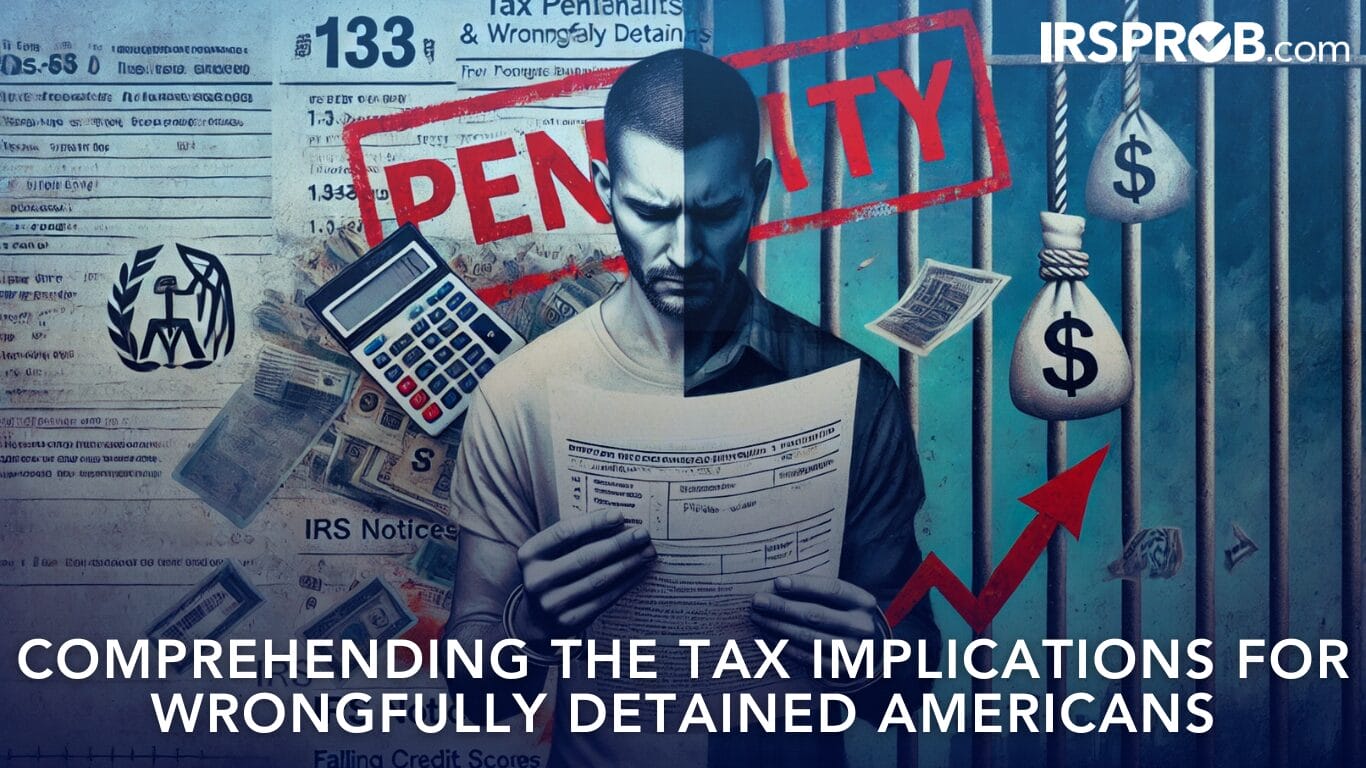
In recent years, the plight of Americans unjustly detained abroad has garnered significant attention, not just for the human rights implications but also for the unexpected financial repercussions upon their return. This issue has come to the forefront due to the efforts of Senator Chris Coons, who has highlighted the tax penalties, credit score impacts, and Social Security benefits reduction faced by these individuals.
The Struggles of Returning Hostages
Consider the case of Vladimir Kara-Murza, who was recently released after being wrongfully held in Russia. Like many others, he faced unpleasant surprises upon his return: tax penalties, lowered credit scores, and diminished Social Security benefits. These issues stem from the inability to fulfill financial obligations while in detention, leading to complications with the IRS and other financial institutions.
Tax Penalties and Late Fees
The IRS has been known to impose late penalties on individuals who cannot file their taxes due to unjust detainment. For example, Washington Post reporter Jason Rezaian, who was held in Iran, faced significant tax penalties upon his release, despite his circumstances. The IRS claimed they lacked the legal authority to waive these penalties, leading to a sense of injustice for those who were victims of international hostage situations.
Proposed Legislative Solutions
In response to these challenges, Senator Coons, along with bipartisan support, has introduced several pieces of legislation aimed at alleviating the financial burdens faced by returning hostages:
- Stop Tax Penalties on American Hostages Act: This bill seeks to prevent the IRS from imposing late penalties on former hostages and wrongful detainees, recognizing the unique circumstances they face.
- Fair Credit for American Hostages Act: This legislation aims to ensure that credit-rating agencies do not penalize individuals for missed payments due to wrongful detainment, similar to protections already afforded to victims of human trafficking.
- Retirement Security for American Hostages Act: This proposal would adjust the calculation of Social Security benefits for those wrongfully detained, ensuring that their time spent in captivity does not adversely affect their retirement income.
These legislative efforts are crucial in supporting the reintegration of former hostages into society and protecting their financial well-being.
The Broader Context of Hostage Diplomacy
Beyond individual tax issues, there’s a larger concern regarding “hostage diplomacy.” This practice involves detaining Americans to extract concessions from the U.S. government. The ongoing work in Congress aims to deter such actions and ensure that families of wrongful detainees receive adequate support.
What This Means for Business Owners
For business owners, understanding the implications of such legislative measures is vital. If you have employees who may travel internationally, awareness of these potential risks is essential. Not only can unjust detentions disrupt personal finances, but they can also impact workplace dynamics and employee morale.
Moreover, these discussions about tax policies and the treatment of wrongfully detained individuals highlight the importance of fair financial practices. As a business owner, advocating for ethical treatment within your financial dealings and supporting your employees in understanding their rights can foster a more compassionate workplace.
Conclusion
The tax implications and financial penalties faced by wrongfully detained Americans underscore a critical intersection of human rights and fiscal responsibility. As legislative measures are proposed to address these issues, it’s essential for business owners to stay informed and advocate for fair treatment in all financial matters. By doing so, we can contribute to a system that recognizes the unique challenges faced by these individuals and promotes a more equitable approach to taxation and financial management.







